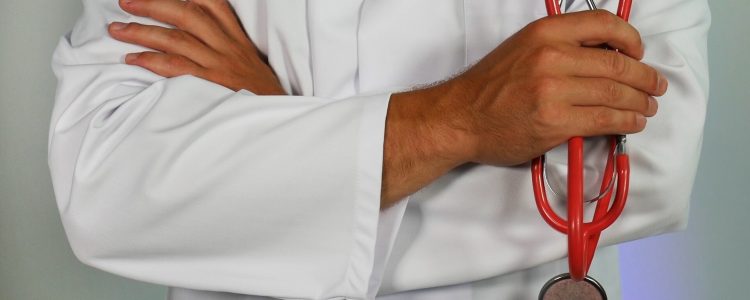Following the reduction in reported COVID-19 infection cases and the public increasing social mixing and travelling there is an increasing demand to identify those members of the population who have some exposure to the infection. It remains unknown for how long the antibodies remain detectable in the body and the levels of protection that these antibodies offer to further infection i.e. the second wave.
The body produces a series of different antibodies in response to infection and these appear at different times of the infection phase. These antibodies can be detected in blood samples and the testing for them is currently available in the UK.
The antibody tests can be completed in several different ways. Firstly, is the blood sample taken from a vein by a health care professional, sent away to a laboratory for analysis and the results are returned to the clinic or surgery for review by a clinician who then confirms the result and its implications to the patient. This venous blood draw takes place at a clinic and the volume of blood taken is 2-3mls, which is sufficient to produce a test result. The testing laboratory will recalibrate their equipment and testing procedures such that they have an accuracy of over 98% for the specificity and sensitivity tests.
The specificity test is the measure of the number of false positives, whilst the sensitivity is the measure of the number of false negatives. These are important markers when comparing the different tests, as a 1% reduction produces 100 in 100,000 incorrect results. The current Nomad testing laboratory has a specificity of 99.9% and a sensitivity of 99.6%.
An alternative method of testing for the presence of antibodies is to use a point-of-care (POC) antibody test. These tests are conducted using a finger prick of blood which is placed in the well of a small test cassette. A few drops of buffer solution are then added, and testing solution is absorbed across a test strip. At selected points the test strip is impregnated with a dye that reacts in the presence of the antibodies and a final line (control) to that appears to show the test was conducted correctly.
These tests are not available to the general public and must be undertaken by a healthcare professional who can observe the correct method of testing and interpret the results accurately. These points are referred to in the MHRA document which regulates the manufacture of test kits, please see Gov.uk and WHO website for more information.
The Nomad POC testing service can be completed at clinics by a clinician and usually produces a result in 10-15 minutes. All the Nomad test cassettes are manufactured in accordance with the European guidelines and are CE confirmed.
Thank you for reading our blog ‘Is a Coronavirus Antibody Test Available in UK’.
Book your in-clinic coronavirus antibody test or order your at-home testing kit from Nomad Travel today.


No Comments
Be the first to start a conversation